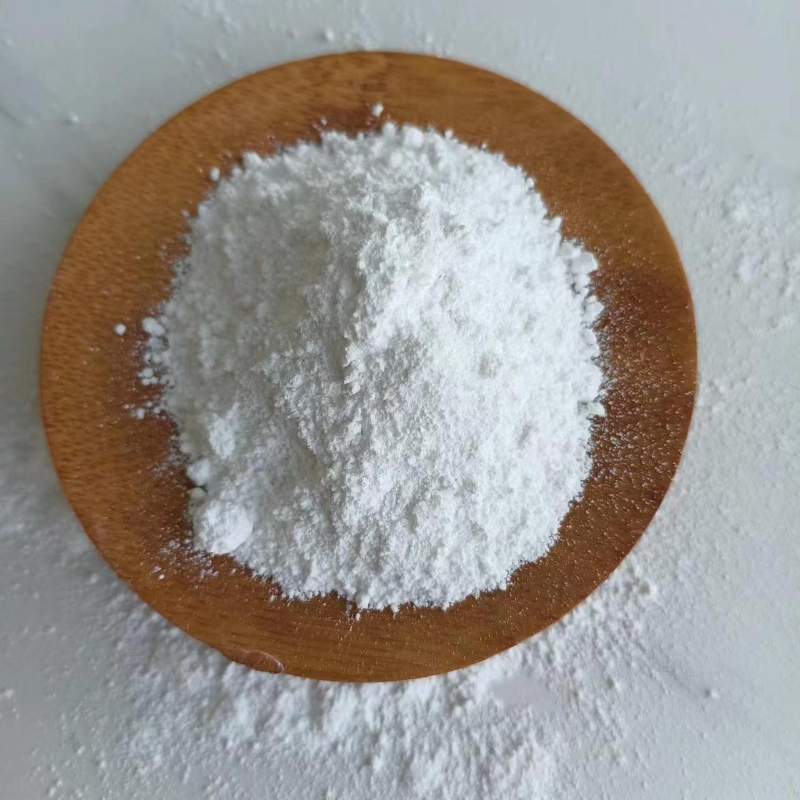-
Categories
-
Pharmaceutical Intermediates
-
Active Pharmaceutical Ingredients
-
Food Additives
- Industrial Coatings
- Agrochemicals
- Dyes and Pigments
- Surfactant
- Flavors and Fragrances
- Chemical Reagents
- Catalyst and Auxiliary
- Natural Products
- Inorganic Chemistry
-
Organic Chemistry
-
Biochemical Engineering
- Analytical Chemistry
- Cosmetic Ingredient
-
Pharmaceutical Intermediates
Promotion
ECHEMI Mall
Wholesale
Weekly Price
Exhibition
News
-
Trade Service
Stomach cancer (GC) remains one of the most common cancers worldwide and the leading cause of
cancer death worldwide.
According to the World Health Organization (WHO) 5th edition of the tumor classification, GC can be divided into 5 main types, including tubular, papillary, mucinous, poorly viscous and mixed
.
Among these 5 types, papillary adenocarcinoma (PAC) is characterized by epithelial hyperplasia with tumor columnar cells around the fibrovascular core, a histological type of differentiation that accounts for about 6% to 11%
of all gastric cancers.
Early detection and removal of early gastric cancer (EGC) can effectively improve the survival rate
of gastric cancer patients.
EGC is defined as GC confined to the mucosa or submucosal layer and is not associated with lymph node metastasis (LNM).
In a recent study of EGC in Chinese patients, we also found that patients with EPAC had a worse prognosis than patients with tubular EGC, and that half of patients with EPAC with microcapillary components had LNM metastases
.
This study aimed to compare risk factors and attempt to establish a scoring system to stratify
the risk of LNM in patients with EPAC.
The researchers conducted a retrospective analysis
of 2513 patients with early-stage gastric cancer (EGC) who underwent radical resection in four tertiary hospitals in China.
Univariate and multivariate analyses were then performed to compare invasive differences between EPAC and other types of EGC and to assess potential factors
predicting LNM in the EPAC group.
The results of the study showed that 335 patients with EPAC participated in the study, of which 62 patients were found to have LNM
.
After comparing the clinicopathologic features of EPAC with and without LNM, the following factors were incorporated into the risk scoring system: lower gastric location, tumor size> 2.
0 cm, lymphovascular invasion 3 points, submucosal invasion 4 points, and subcurve area of 0.
844
.
Finally, the researchers confirmed that EPAC is highly invasive compared to other EGCs, especially differentiated EGC types, requiring more rigorous treatment
.
This proposed risk scoring system can stratify
the risk of LNM in EPAC patients.
Original source:
Zheng, Chang.
et al.
A retrospective cohort study of factors influencing lymph node metastasis in early gastric papillary adenocarcinoma patients.
Clinical and Translational Gastroenterology.
2022.







